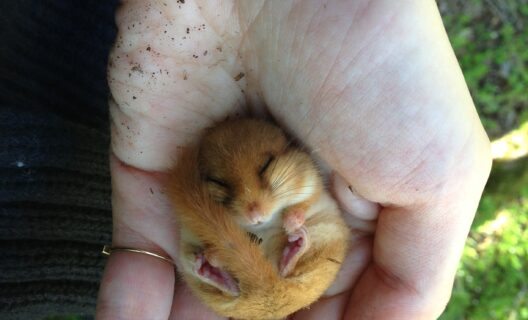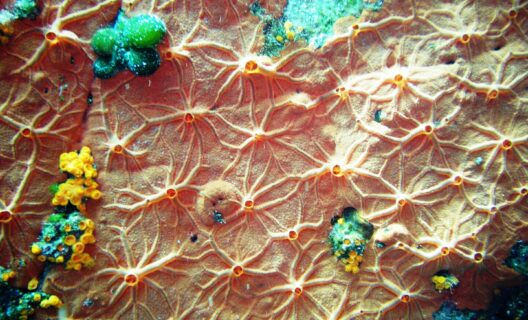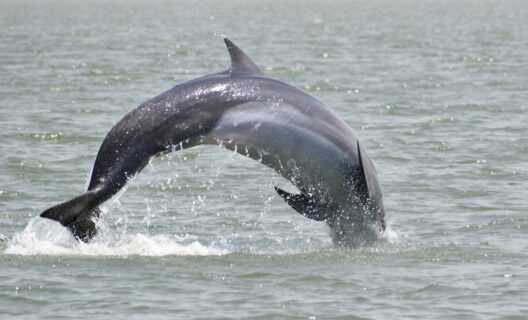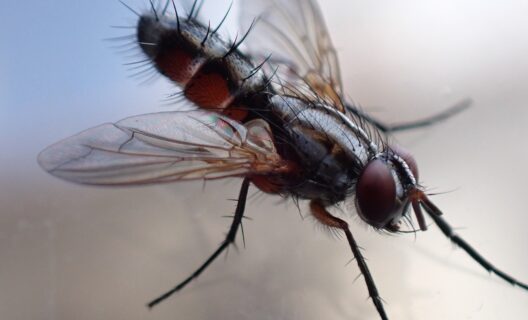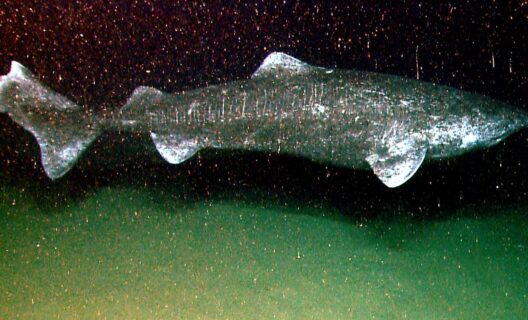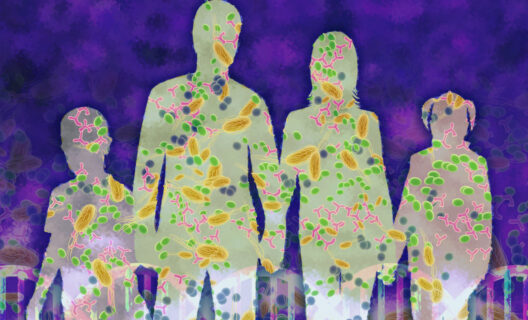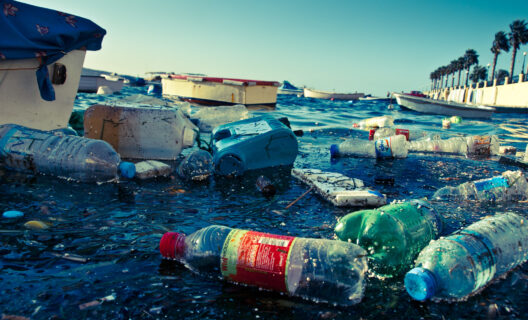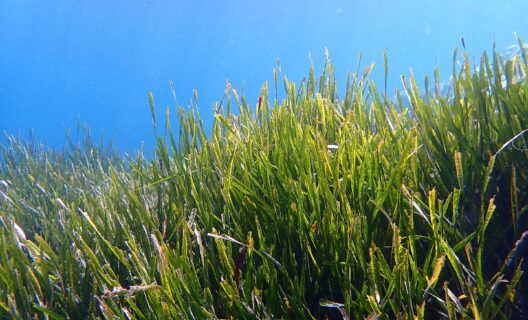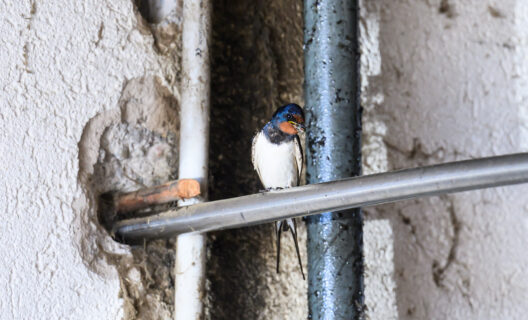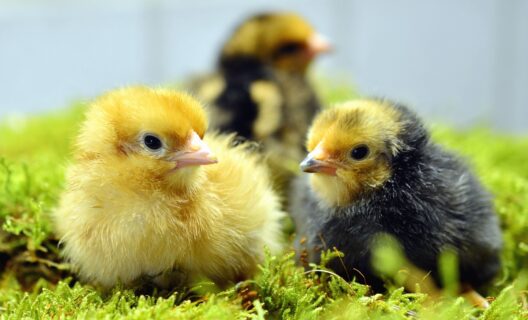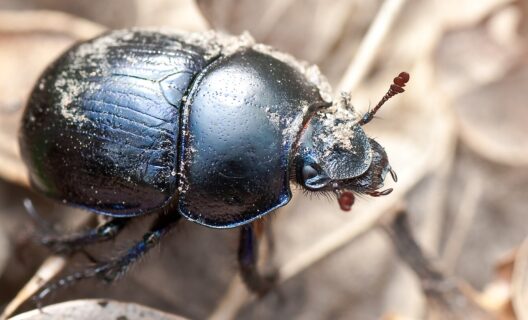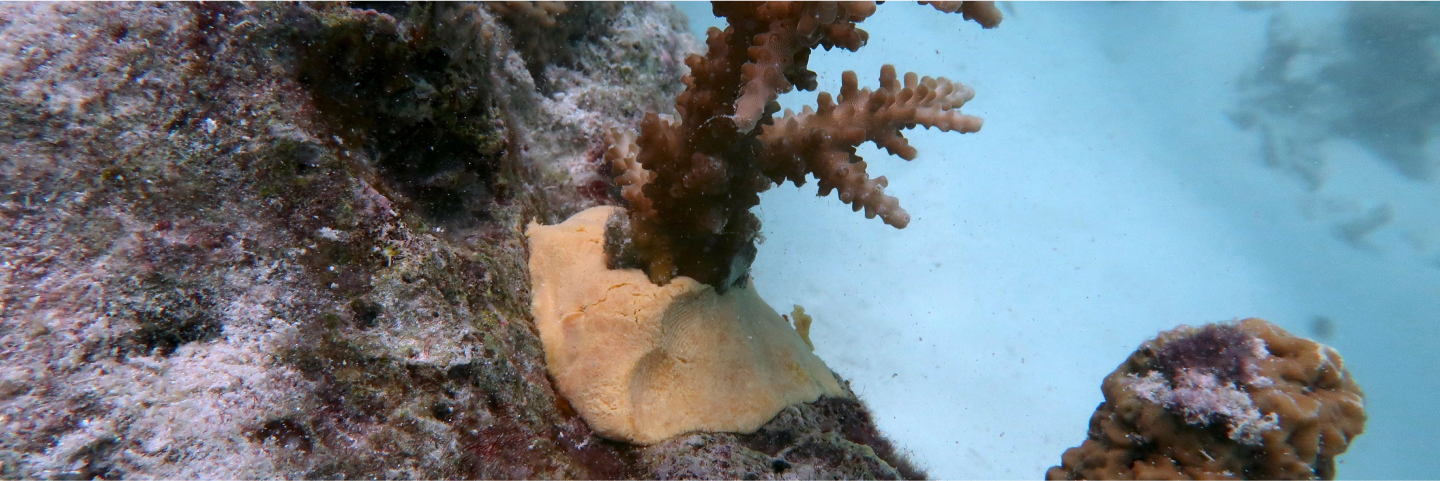
Putty: new hope for coral reefs
Reading time
0 min
Made from biodegradable vegetable oils, could help restore coral colonies
Good news for corals, vital sea creatures hard hit by climate change and global pollution: a new, rapid, biodegradable adhesive could prove instrumental in coral reef repair.
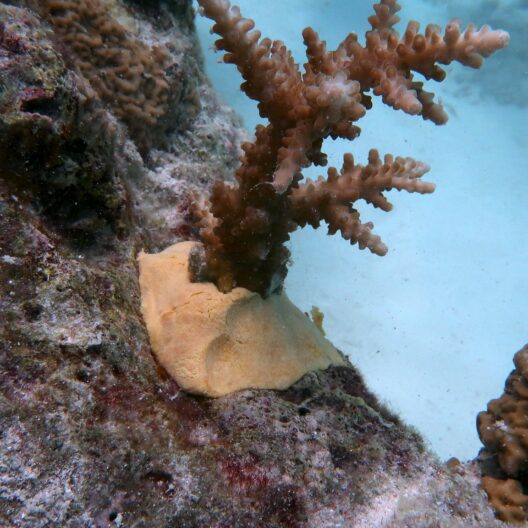
Credits: University of Milan – BicoccaUniversity of Milan – Bicocca
The technique of active recovery
The technique used by scientists for this operation is called “active recovery,” and involves a first stage in which corals are grown innurseries (nurseries), and a second stage in which they are transplanted into the damaged portions of the reef.
Until now, this technique had two critical issues: the adhesives essential for transplantation-that is, to make the new coral adhere to the deteriorated coral-are usually cement or epoxy resin-based, and therefore toxic to the environment; and their curing times are too extended (from an hour to a full day) to be unaffected by sea currents.
The new putty, friendly to the environment
Now, however, a new material, devised by the Italian Institute of Technology and the University of Milan-Bicocca, in collaboration with the Genoa Aquarium, and described in the journal Advanced Sustainable Systems, could solve both problems.
Made from epoxidized soybean oil and zein, a corn-derived protein, the new putty decomposes naturally, has no adverse effects on corals during application, and boasts rapid underwater curing, reduced to 20-25 minutes, which allows for increased transplantation success and accelerated coral reef restoration.
Tested both in aquaria and at sea on Stylophora pistillata and Acropora tenuis corals in the Maldives, the new putty has proven its effectiveness in promoting the growth and survival of coral colonies. Also made possible through NBFC funding, the material is currently the subject of a filed patent application.
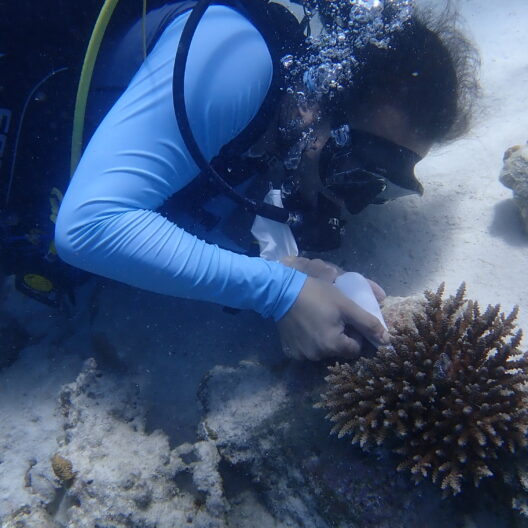
Credits: University of Milan – BicoccaUniversità di Milano – Bicocca
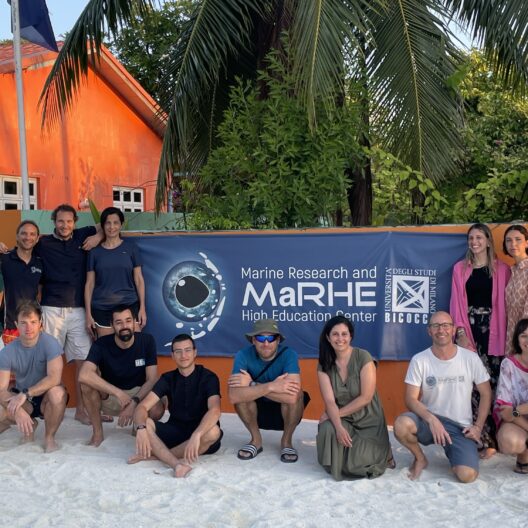
Credits: University of Milan – BicoccaUniversità di Milano – Bicocca
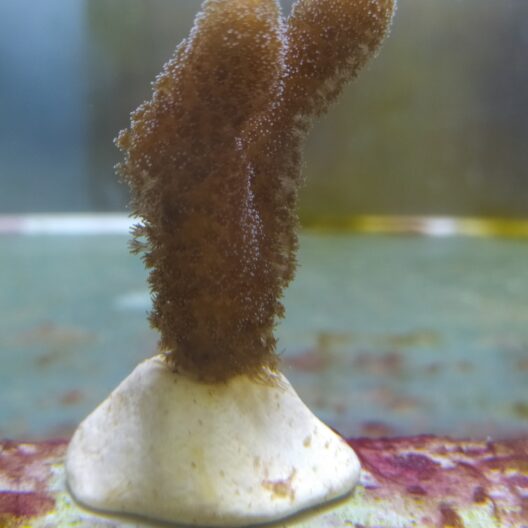
Credits: University of Milan – Bicocca / Genoa AquariumUniversità di Milano – Bicocca / Acquario di Genova


